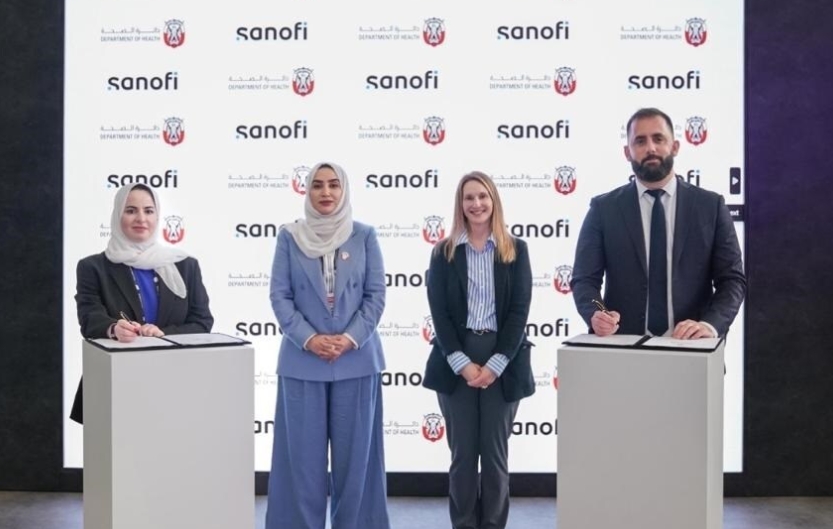
Image credit- NUS
The “COVID-19: Updates from Singapore” weekly webinar series is a forum for leading clinicians, scientists, public health officials and policy makers to share insights from their fields of study. The thirteenth edition of the webinar was held recently. This Continuing Education & Training (CET) webinar is hosted by the NUS Yong Loo Lin School of Medicine, National University of Singapore.
Professor Peter Piot, Director of the London School of Hygiene and Tropical Medicine and a Handa Professor of Global Health, was invited to speak.
For the topic on the efficacy of the COVID-19 vaccine, its ability to prevent acquisition of the virus, interrupt its transmission or prevent death was called into question. Prof Piot said that a COVID-19 vaccine would be considered promising even if it had a 70% success rate.
He continued to caution viewers about viewing the COVID-19 vaccine as a silver bullet and urged for effective management of expectations because of the anti-vaccine sentiments in societies and whether the new vaccine is a trusted biological material that can be safely administered to billions of people around the world still remains an unproven fact.
Ultimately, Prof Piot emphasised that the continuation of certain safety measures like social distancing and wearing of masks is more dependable than hoping for a miracle cure.
When asked about the kinds of lessons the COVID-19 pandemic has thrown up, Prof Piot mentioned that the biggest failure of many countries is the lack of serious investment in preparedness. He deduced that during pandemics, countries that have robust public health systems in place and preparedness strategies are able to take early action and stop the transmission of the contagion.




